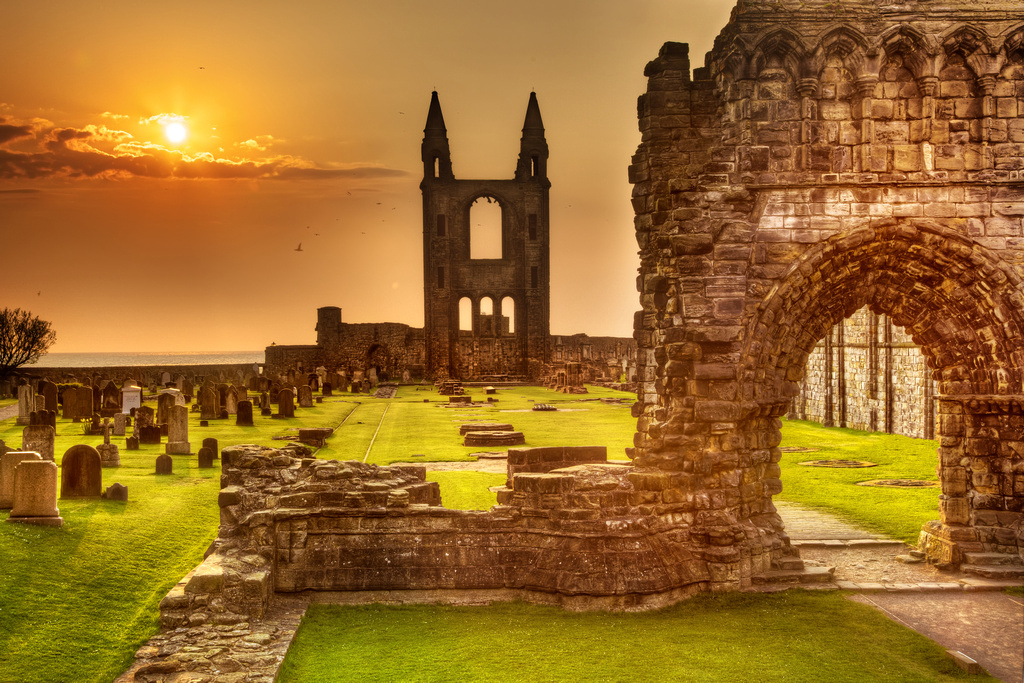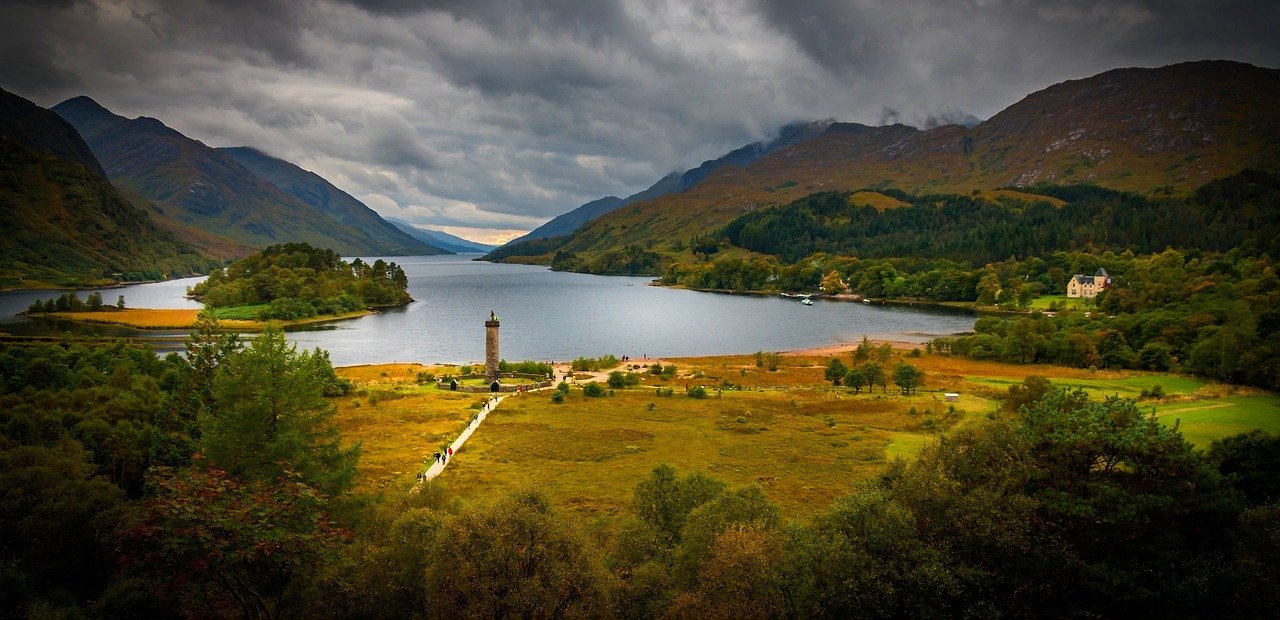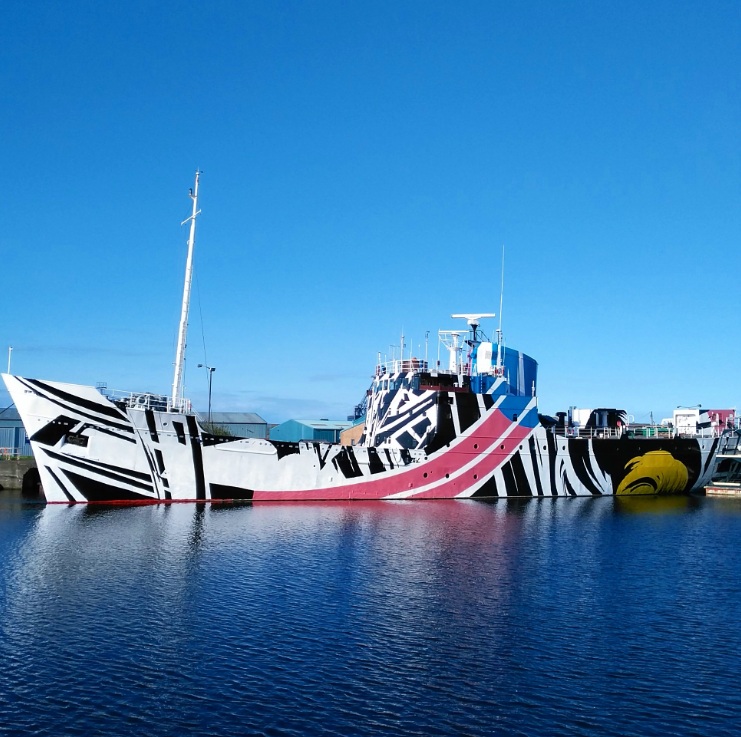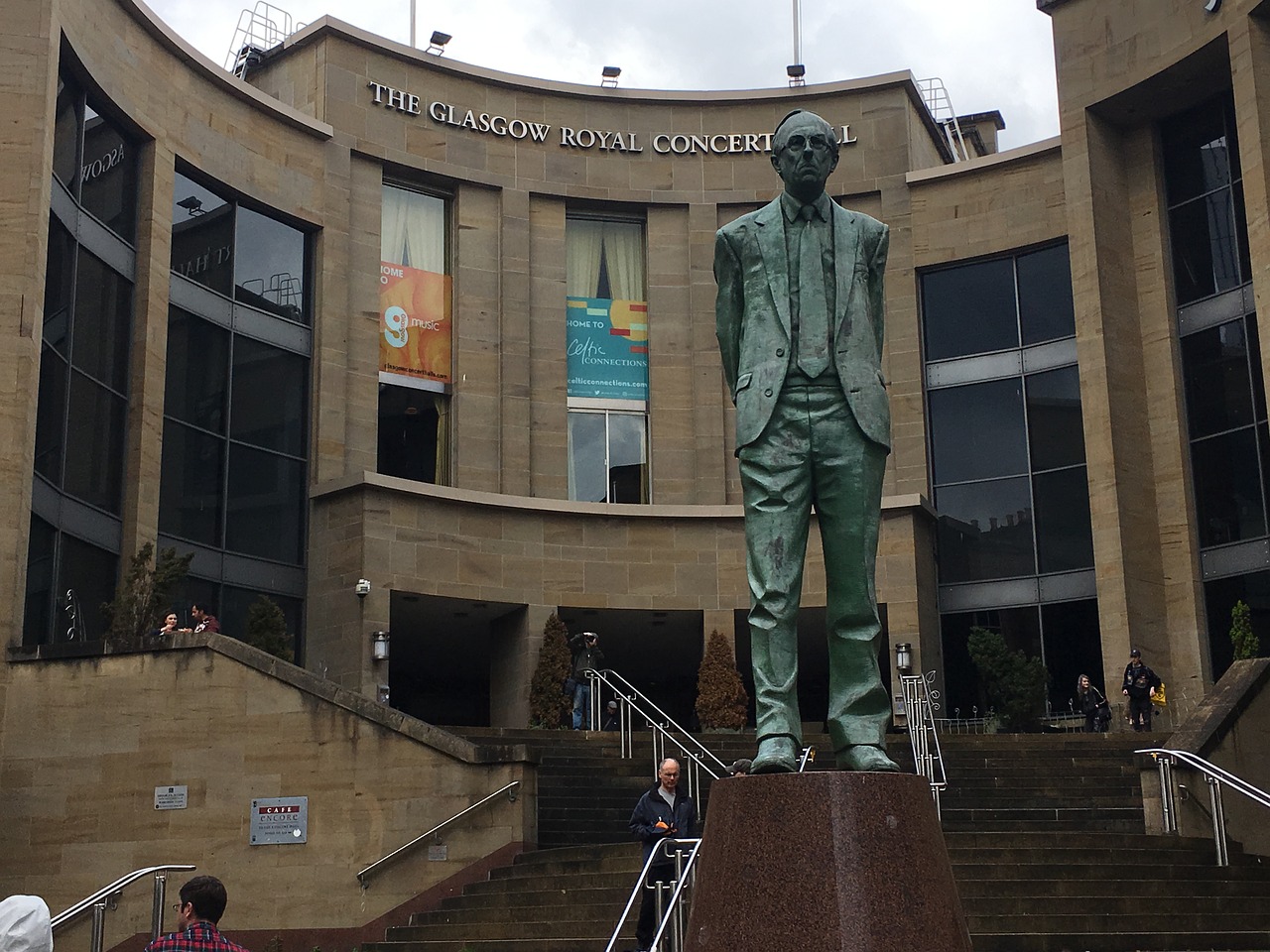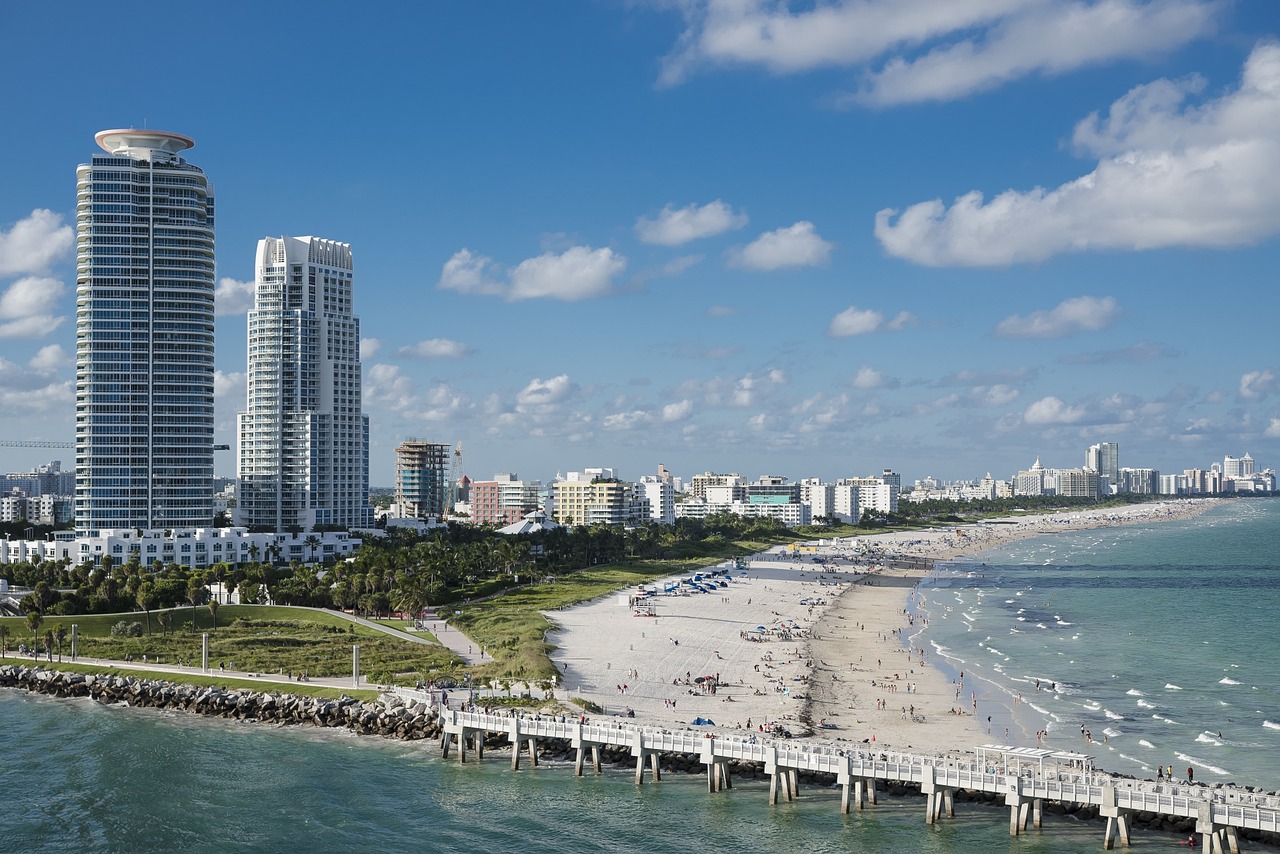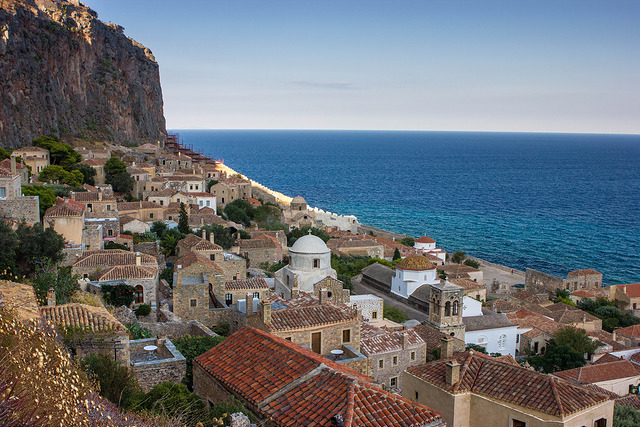Scotland, located in the northern spans of the Britain, overwhelms people with its pleasant sceneries and world-famous tourist spots. Scotland utilizes the British Pound as its money, and most nonnatives find that the trade rates are not as much as great. In this article, we will talk about how you can enjoy the serenity and the scenic beauty of Scotland.
How to get there?
A few carriers offer flights to Scotland. Ryanair flies from Stansted outside of London to Prestwick close Glasgow. English Midland works modest flights between Heathrow in London and Glasgow or Edinburgh. Also recommended is the Virgin Atlantic Airways for moderate flights from the United States to England and Scotland.
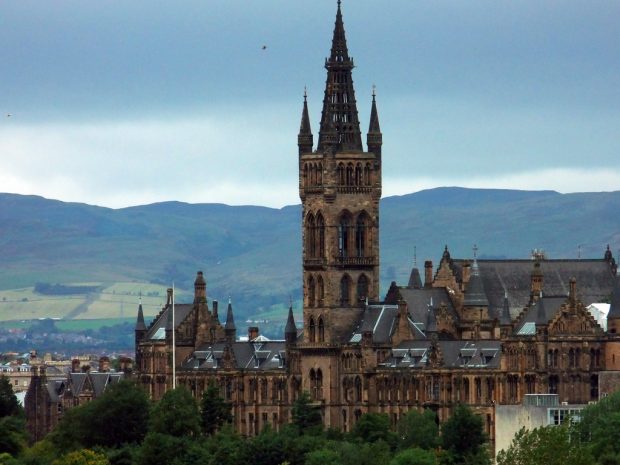
Image by Amy Felce via Flickr
Take the van transport from whatever Scottish airplane terminal you use into the closest city.
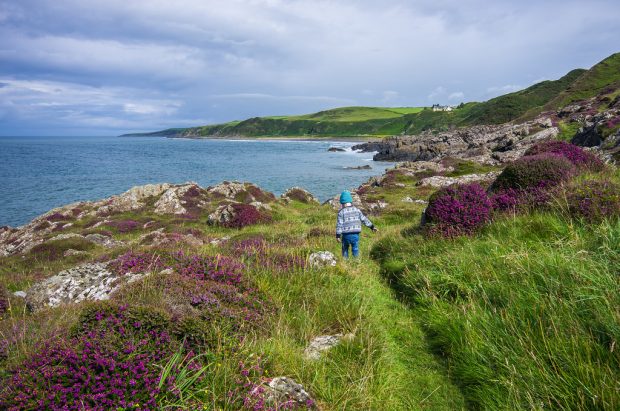
Image by Stefan Klaas via Flickr
What to do once you get there
Travelling Around
Budget-travelers should use quick and affordable train and bus services to get around. Trains run between Glasgow and Edinburgh as well as several other towns. Discounts are available for youth under the age of 26 as well as children under 15. Tourists focusing primarily on Scotland should purchase the Scottish Freedom Pass. This pass includes transportation on most trains and ferries throughout the country as well as discounted bus fares. Scottish Citylink Coaches take passengers between Glasgow and Edinburgh as well as Inverness and Aviemore. Backpackers might also take a ride with the postal buses that carry mail along with a small number of passengers to Scotland’s rural areas.
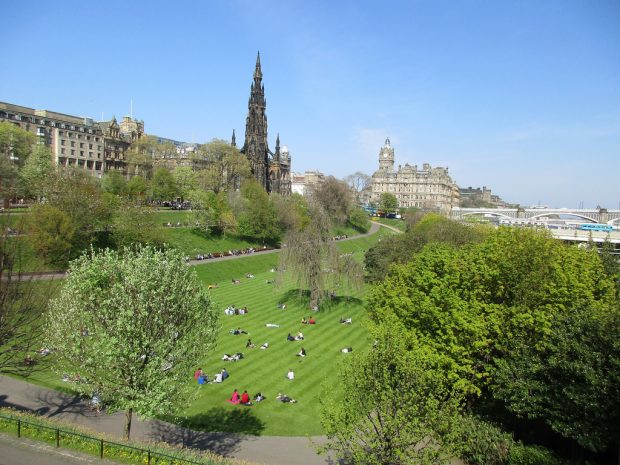
Image by Amy the Nurse via Flickr
Accommodation
Travelers can spend significantly less by remaining at the lodgings scattered around Scotland. As opposed to the regular belief, you don’t need to be a youthful explorer to remain at a fixed place. Explorers of any age can exploit moderate lodging facilities. Most inns offer spotless and safe residence style rooms and also mutual kitchen and lavatory offices. A few inns lease private rooms as well. Hotels and inns also have wise staff members that can guide voyagers to spending, touring and eating choices in the territory- all these at extremely convenient rates if you decide to stay at a countryside inn.
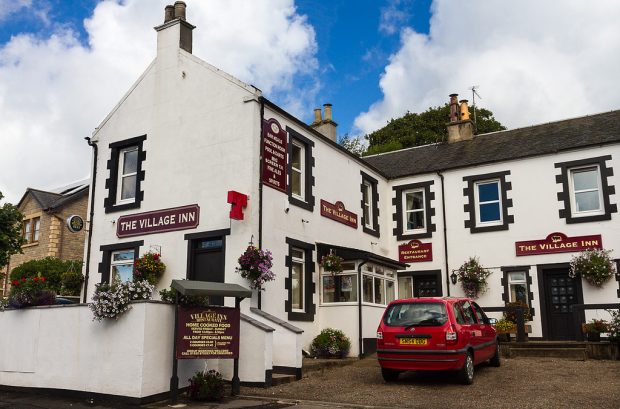
Image by Phil Norton via Flickr
Food
Known for hearty stews, haggis and fish and chips, eating in Scotland can be an expensive affair. It is recommended that you do not invest in the sit-down restaurants, and opt for take-away as that would cost you significantly less and also, will give you the liberty to explore multiple destinations while you enjoy your food.
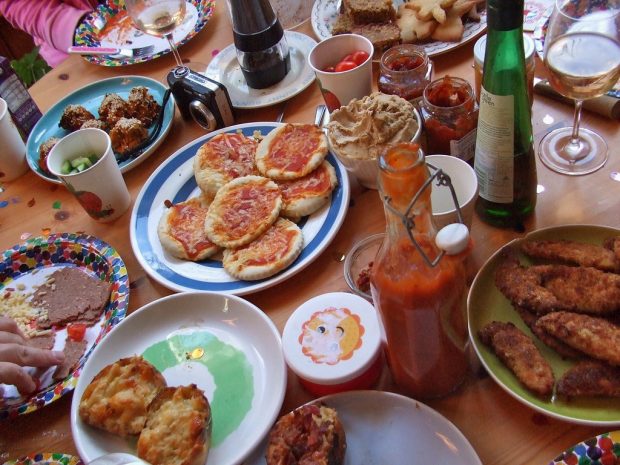
Image by Katherine via Flickr
Activities (Sightseeing)
Most of the travellers invest energy in Scotland’s two of the best urban areas, Edinburgh and Glasgow. Most transport lines offer throughout-the-day tickets that let travellers jump on and off the cycling transports at different stops around town. Waverly Station in Edinburgh and Queen’s Street Station in Glasgow both have such visit administrations. Furthermore, there is the Edinburgh Pass, which furnishes sightseers with access to numerous attractions and offers transport. From the beautiful and serene waters of Loch Lomond and Loch Ness to Stirling Castle and the St. Andrews Golf Course, Scotland boasts of a various cluster of goals. A large portion of the sights in Scotland can be seen without paying weighty ticket costs too. For example, travellers can take a trip in the cobbled boulevards of Stirling while looking up at the massive mansions and admiring the beauty of the construction at the same time.
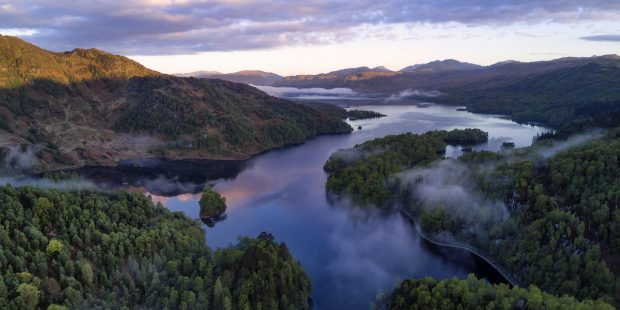
Image by john mcsporran via Flickr
These are some of the things that you should know before you take a budget-friendly trip to Scotland. With the best scenic beauty and beautiful activities and sights that it has to offer, do not miss a chance to take a trip to the serene Scotland.
Author Bio
Brian J.Anderson CEO and founder of lifestyle9 has had over 15 years of small business management experience. Brian graduated with a Bachelor of Science in Economics from the University of Chicago in 1985. Afterwards, Brian attended Columbia University’s Business School,where he received a Masters of Business Administration in Marketing.

